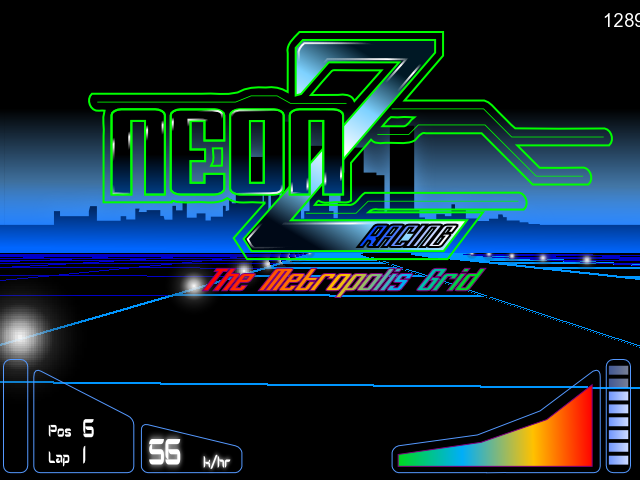

The comments were grouped into categories (and subcategories) based on those related to the definition in general (Appropriate, Continuum of MHSPSS, Cautions in operation, Alternative categorisation of care components, Whether the care component should be categorised according to the professional involved, Ambiguous use of psychology, and Others), to mental health services (Appropriate, More specification within mental health services, More explicit remarks on mental health services, and Others), and to psychosocial support (Whether the care component should be categorised according to the professional involved, Raising concerns about the terms, and Others), and others.Ĭonclusion: We achieved a consensus on the definition of ‘Kokoro-no care’, and systematically obtained suggestions on the concept, and practical advice on operation, based on the participants’ experiences from the Great East Japan Earthquake. Results: In Round 1, 68.7% of the respondents rated the proposed definition ≥ 4 for its appropriateness, and 88.4% did so in Round 2. This process was repeated twice, until the consensus criterion of ≥ 80% of the participants scoring ≥ 4 on the statement was fulfilled. After Round 1, we presented the summary statistics and comments, and asked the participants to re-rate the definition that had been modified based on their comments. We also solicited free comments based on the participants’ experiences during the disaster.

Adopting the Delphi process, we proposed a definition of ‘Kokoro-no care’, and asked the participants to rate the appropriateness on a 5-point Likert scale. Methods: We recruited mental health professionals who engaged in support activities after the Great East Japan Earthquake, which included local health professionals in the affected areas and members of mental health care teams dispatched from outside (n = 131). Objectives: In this survey, we aimed to build consensus and gather opinions on ‘Kokoro-no care’ or mental health services and psychosocial support (MHSPSS) after a disaster, among mental health professionals who engaged in care after the Great East Japan Earthquake.


 0 kommentar(er)
0 kommentar(er)
